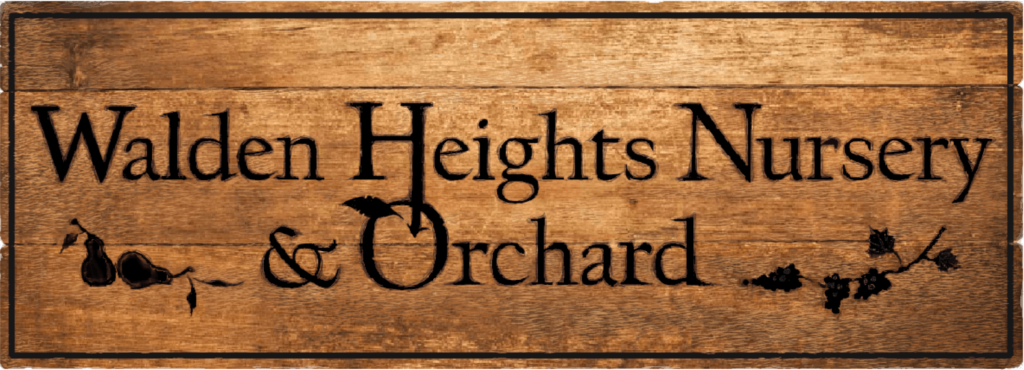The apple genome has been sequenced and revealed 57,000 genes in malus domestica. Considerable since the human genome contains only around 30,000. It comprises 17 chromosomes compared with the 7-9 typical in other Rosaceae family members. It is also double the number of chromosomes in the ancestral apple. A 5 country 18 institution effort produced the find, which has already fleshed out 992 genes involved in disease resistance in the fruit. It also confirms malus sieverseii as the true ancester to our domesticated apple. The information will be useful in reducing the time, effort and expense involved in standard breeding systems, whether or not it is used in a program of genetic modification. It has also been shown to clear up confusion on the origins and dispersal of the malus species, as in the possibility of the native american apples being a direct link to the ancestral species of asia. (There are suggestions of coming across the Bering land bridge with the native peoples who also carry a genetic link to ancient asian peoples.) Though it is likely that advances such as this will lead to the development of plantlife which will become proprietory and profit driven, it still stands as a great human intellectual feat worthy of respect. Let us hope it will be used to more easily feed people in need, and to expand our culture and understanding above all else.
The original article was first released in the journal Nature Genetics.

